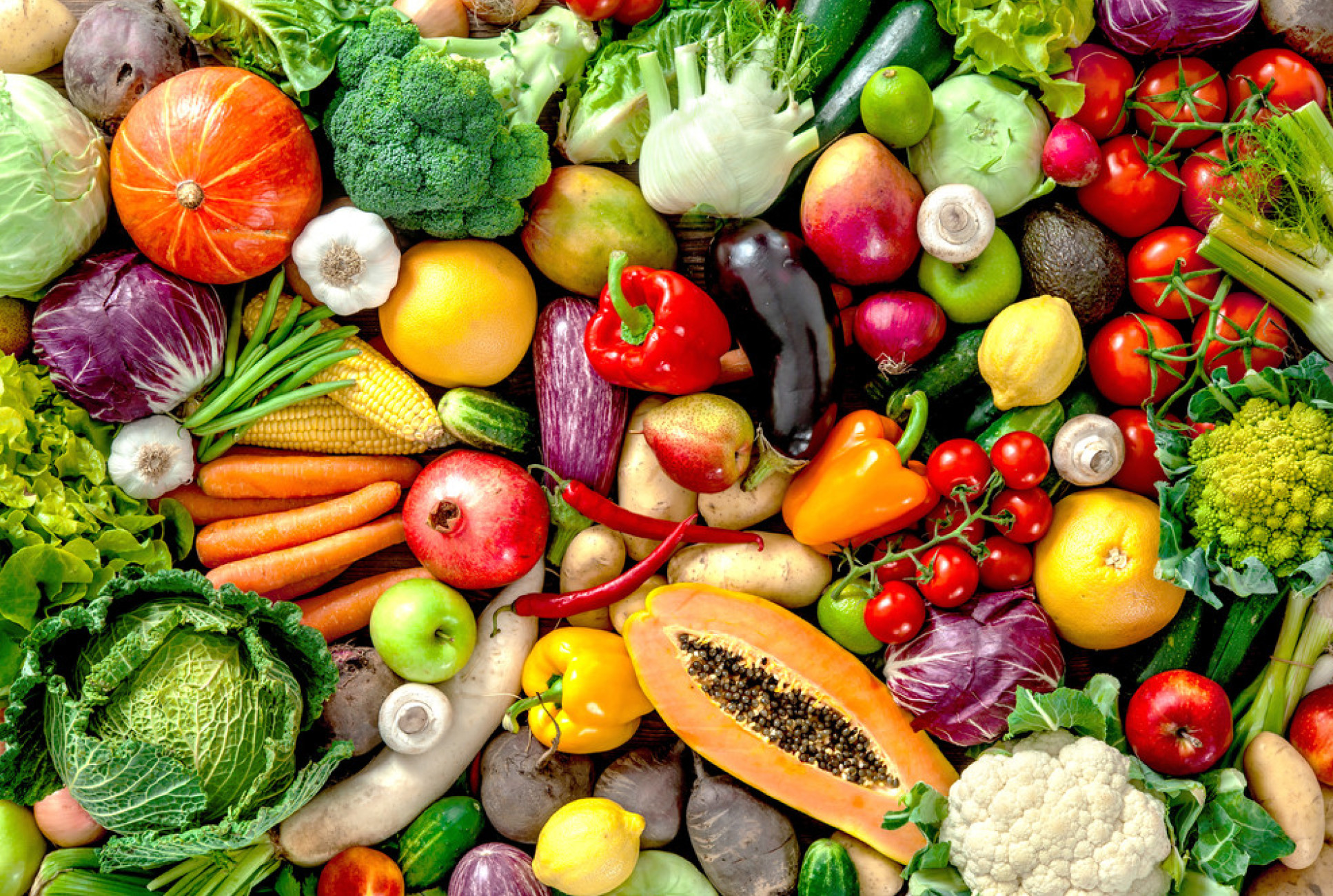Citizen scientists help accelerate COVID-19 research with their phones
by Ryan O'Hare

Thousands of people around the world have helped Imperial accelerate COVID-related research by recruiting their smartphones while they sleep.
By running the DreamLab app while their phone is charging overnight, citizen scientists have proffered their processing power to help in the search for drugs and ‘Hyperfoods’ that could potentially help those with COVID-19.
The Corona-AI study uses artificial intelligence to search for molecules with antiviral properties in everyday plant-based foods, as well as identifying licenced drugs that could potentially be ‘repurposed’ against COVID-19.
Thanks to 100,000 members of the public using the DreamLab platform – developed by the Vodafone Foundation - the Imperial team has completed the first phase of the project in just six months, crunching millions of calculations and examining thousands of existing molecules.
Antiviral molecules
Early findings have identified molecules with antiviral properties in berries (particularly blackcurrants, cranberries and blueberries), apples, oranges, lemons, cabbage, broccoli, onions, garlic, parsley and beans.
The research has also found that common drugs used to combat cardiovascular and metabolic disorders – such as simvastatin, atorvastatin and metformin – could be potentially ‘repurposed’ to use against COVID-19.

The findings, which have been accepted for peer-reviewed publication, will now be further analysed by the team, who say clinical validation is needed to assess what impact these molecules might have.
Dr Kirill Veselkov, from the Department of Surgery & Cancer at Imperial, said: “While there is, rightly, much focus on finding a vaccine for COVID-19, we are looking for ways to potentially help people when they have contracted the virus, reducing either the duration or the severity of the disease.
“For patients who may not need hospital treatment, there is a critical need for innovative and cost-effective out-of-hospital treatment. We expect that precision nutrition strategies - designed with phytochemically rich Hyperfoods - may offer a novel solution in this regard.”
The research is expected to be completed in late 2021 and results will be made available to the research community to facilitate clinical trials. According to the researchers, food-related findings could potentially be translated into dietary advice for patients recovering from COVID-19.
Helen Lamprell, Trustee of the Vodafone UK Foundation and General Counsel and External Affairs Director at Vodafone UK, said: “We’re proud that DreamLab is supporting research into COVID-19 and that it provides a platform so that people across the world can get involved. As the research moves to Phase 2, there’s still more to do. We encourage everyone to download and use the DreamLab app whenever they charge their smartphone. Together, we are making a difference.”
The full research, ‘Network machine learning maps phytochemically-rich ‘Hyperfoods’ to fight COVID-19' is published in the journal Human Genomics.
-
This article is adapted from material created by the Vodafone Foundation.
This article was amended from a previous version which stated 'one million people'.
Article text (excluding photos or graphics) © Imperial College London.
Photos and graphics subject to third party copyright used with permission or © Imperial College London.
Reporter
Ryan O'Hare
Communications Division